Having oily skin does NOT mean your face is dirty! Follow a sensible cleansing routine, moisturize and use oil-free products to get your sebaceous glands in line.
As anyone who has struggled with over-eager sebaceous glands can tell you, oily skin is difficult to manage. It’s frustrating, because it can cause acne and give you a “greasy” look – you wash your face twice a day as the doctor recommends, and yet you feel dirty. Rest assured that oily skin is not indicative of any larger, related health problems – but it does annoy when you’re trying to keep your glasses from sliding off your face, and it can cripple confidence when you’re trying to look your best. Luckily there are effective ways to fight oily skin and control shine. Here are some tried and true methods.
Contents
Oil-free products
This is the first and easiest rule to follow. Nowadays, plenty of products are marked as oil-free, so make those your go-tos. Be especially vigilant when choosing topical products like moisturizers and sunscreens that can clog pores if they’re not made for oily skin types. Gel creams are usually a safer choice when seeking oil-free products.
Polyphenols
You don’t need to be able to pronounce the word to find it in plenty of skincare products. Polyphenols are great for controlling oily skin. They also improve overall skin health by promoting the flow of blood and therefore oxygen to the skin. When shopping for skincare products, look for natural ingredients that contain polyphenols like palmetto, sesame seeds, and argan oil. (You can also help your skin by incorporating polyphenol-rich food into your diet.)

Source: sosueme.ie
Astringents & witch hazel
Astringents are applied topically. They usually contain alcohol. The alcohol in astringents helps remove excess oil and dirt on the skin, giving the skin a matte appearance, so they are ideal for oily or acne prone skin. There is such a thing as “too much”, though. Astringents can dry out even the most oily skin, so moisturize faithfully, and try witch hazel.
Witch hazel is a natural astringent, but it also works as a toner to hydrate and moisturize. (It also has anti-aging properties, countering the damaging effects of UV rays.) In other words, while witch hazel fights acne, it also keeps your skin even and toned. Sounds kind of magical, doesn’t it? That’s Mother Nature for you.
Exfoliate
The temptation with oily skin is to exfoliate, exfoliate, exfoliate. But it’s a false logic that leads us to the conclusion that you can’t over-exfoliate skin that’s too oily. Exfoliate regularly, but take care – try the LUNA™ 2 face brush or LUNA™ mini 2 face brush for normal/combination skin. It will gently but effectively break up impurities and wash them away. Make sure always to follow up with oil-free moisturizer.

Source: closetheloophole.org
Not an alien life form – just a chemical peel
Chemical peels
Peels are even more efficacious than astringents, but should be used more sporadically, about once every two weeks. Make sure to follow the directions of whichever AHA or BHA peel you purchase (or get it done professionally). Performed correctly, chemical peels can help calm down those pesky sebaceous glands and reduce resultant acne as well.
Oral medications
Though we may wish to avoid an expensive trip to the dermatologist or a prescription medication, sometimes topical treatments just aren’t effective enough, and afterall, your doctor knows best what will be best for you. For women, often oral contraceptives can effectively control oily skin and reduce or eliminate acne. Your dermatologist may also prescribe an antiandrogen like spironolactone to help fight acne by decreasing secretions from your sebaceous glands – but studies don’t directly link spironolactone to controlling skin oiliness. If your oily skin has become a major problem, your doctor may prescribe the retinoid isotretinoin – but be aware that this is a seriously powerful drug with significant potential side-effects, so a course of isotretinoin is accompanied by oral contraceptives and regularly administered blood tests.
To get more helpful tips and tricks, sign up for the MYSA newsletter now!
Disclaimer: The information on this website and any related links are for general informational purposes only and should not be considered a substitute for professional advice. Do not use the information on this website for diagnosing or treating any medical or health condition. If you have or suspect you have a medical problem, contact a professional healthcare provider.



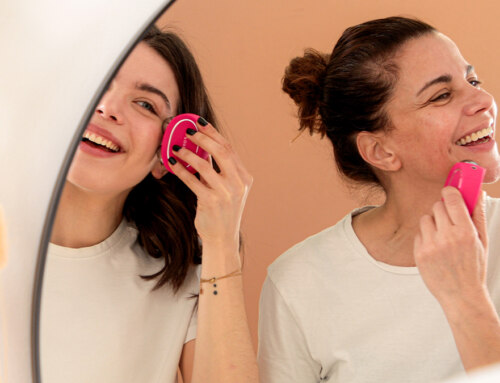
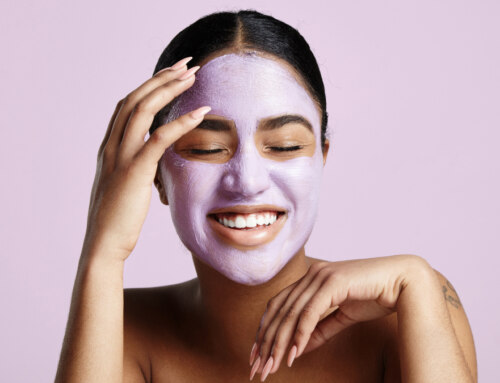
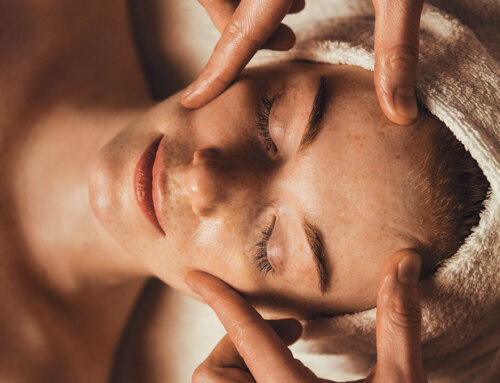

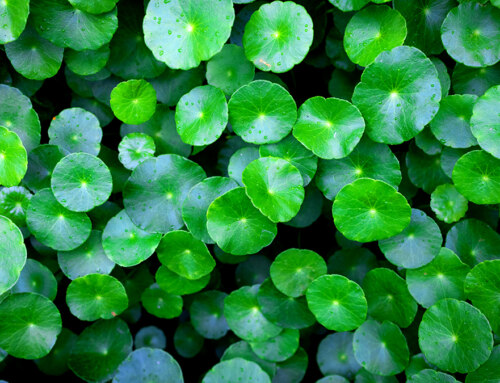
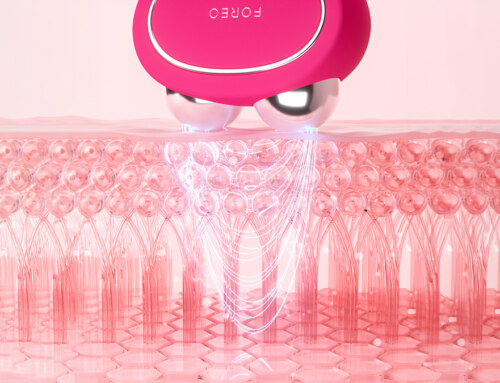

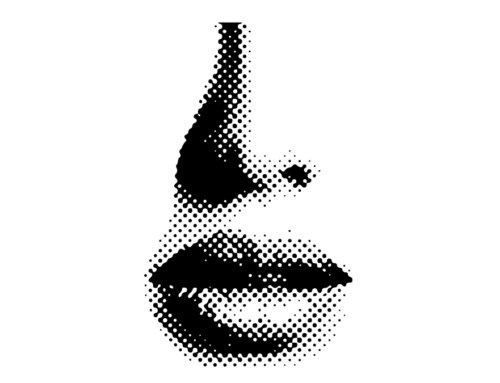



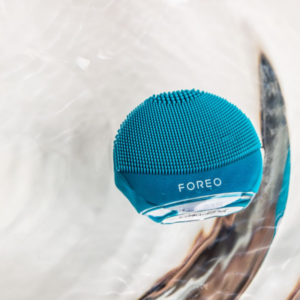

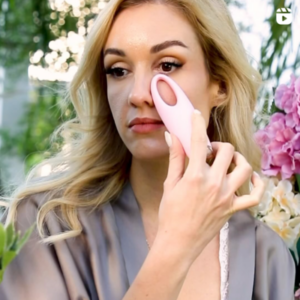
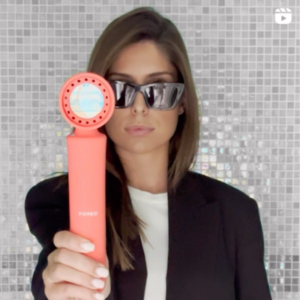
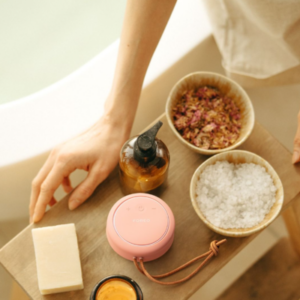
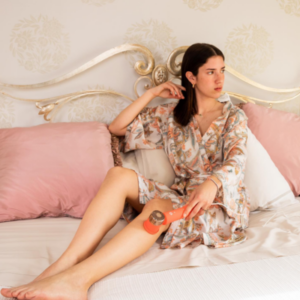
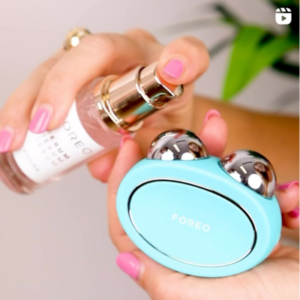
Leave A Comment